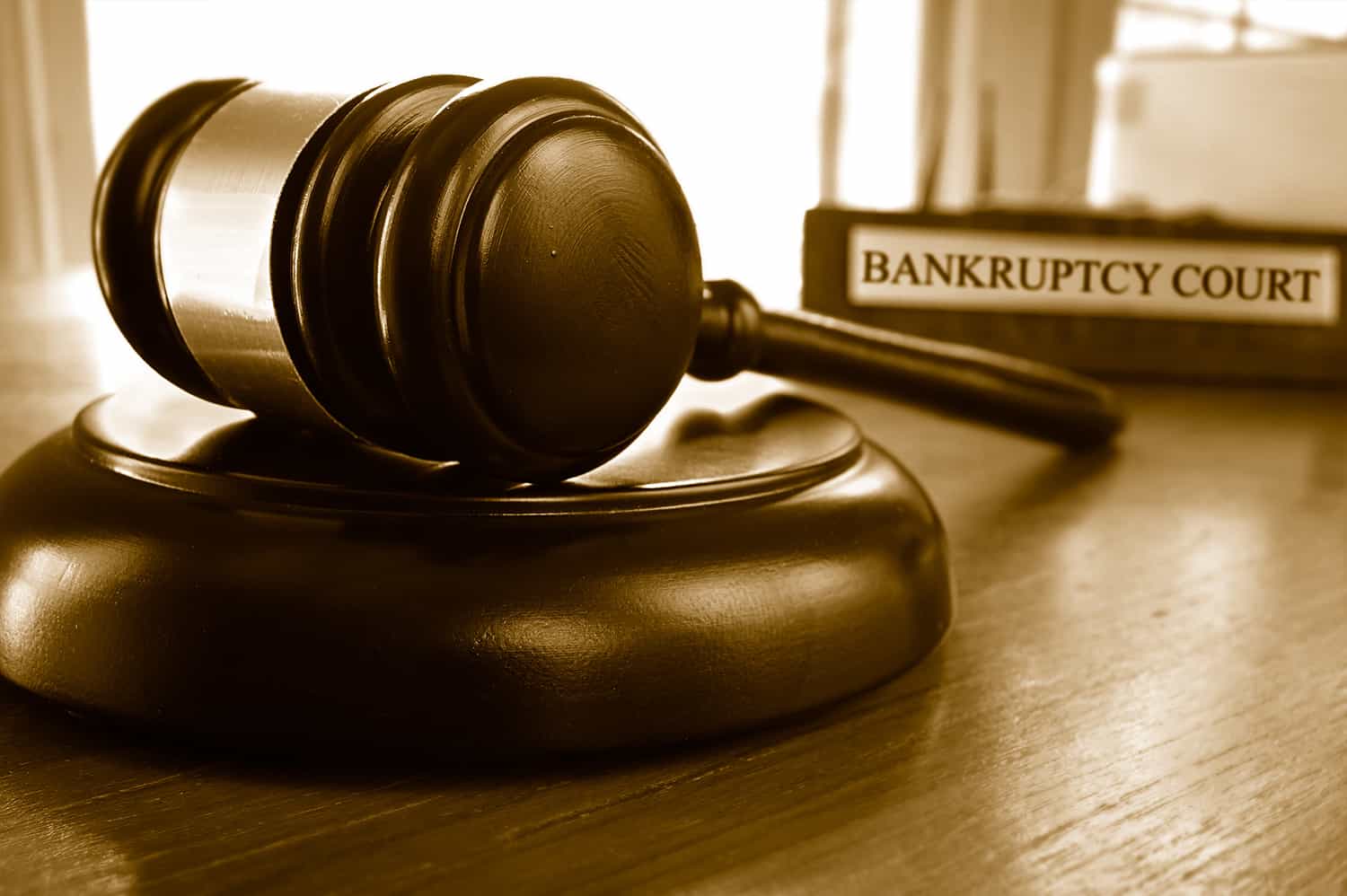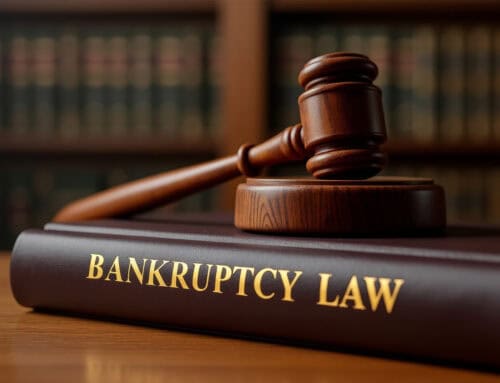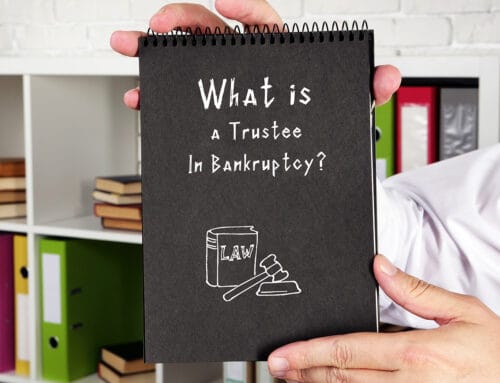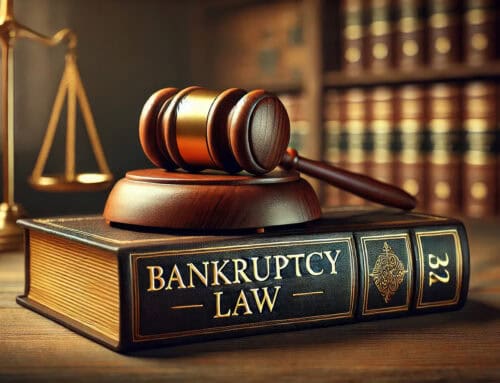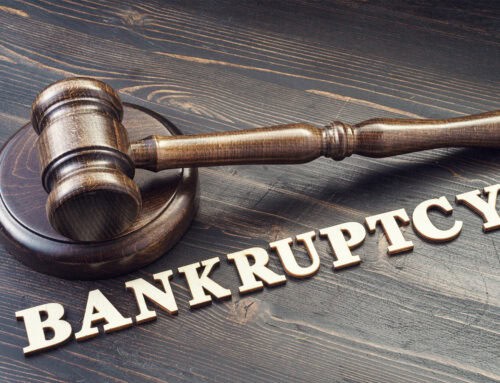When Divorce and Bankruptcy Intersect, Ex-Spouses May Pay a Price
Divorce and bankruptcy proceedings often intermingle as threads of cause and effect. Financial problems and stress certainly contribute to marital problems, and a husband and wife who experience troubles meeting expenses for one household will probably have difficulties surviving the costs of a divorce and additional living arrangements.
Important Points To Note
In the tangled web of divorce and bankruptcy, whether you are a debtor or a non-debtor spouse, you should pay special attention to several factors:
Timing Makes a Difference
When you are dealing with both divorce and bankruptcy, two different court systems become involved. Petitions for divorce are filed in the California Superior Court in the county where the spouses live. Bankruptcy filings, on the other hand, are handled by the federal bankruptcy court system.
If one spouse files for bankruptcy before the divorce is complete and the property settlement determined, the family court waits for permission from the bankruptcy court to continue with the divorce case and divide the property.
Bankruptcy Chapter Makes a Difference
If the debtor ex-spouse files for Chapter 7 bankruptcy, all court-ordered alimony and child support are considered non-dischargeable debts. This simply means the bankruptcy process does not erase these obligations; the money is still owed. Likewise, any debts to a spouse, ex-spouse or child resulting from a property settlement are also non-dischargeable under a Chapter 7 filing.
Chapter 13 bankruptcy filings are another story, however. Debts owed by an ex-spouse under a court-approved property settlement are considered dischargeable in a Chapter 13 bankruptcy.
Type of Debt Makes a Difference
Since most debts associated with a divorce are deemed non-dischargeable under a Chapter 7 filing, it is clear the debtor ex-spouse still owes these obligations even after emerging from bankruptcy. The federal laws regarding Chapter 13 filings, however, state that only “domestic support obligations” are non-dischargeable.
It is the domain of the federal bankruptcy court to determine whether a particular debt is the result of a support obligation or if it is part of the divorce property settlement. It is possible, therefore, that an obligation termed “support” by a California family court may be designated as part of the divorce property settlement by the bankruptcy court. In fact, it is up to the non-debtor spouse to prove that the debt is part of a support obligation.
Important Actions To Prioritize
While it is impossible to explain in a single blog all the nuances of how divorce and bankruptcy affect both proceedings, the actions you take can make a huge difference no matter what is involved in your individual circumstances:
Control Emotions
Without a doubt, both divorce and bankruptcy stir up a whole range of emotions that may include anger, remorse, sadness and even despair. Despite the difficulty of restraining these feelings, you have much to gain by curbing them:
- Reduction of stress
- Clarity and understanding of legal processes
- Decisions based on logic rather than emotions
Keep Demands Reasonable
For any number of reasons, you may want to get everything you possibly can from the divorce settlement. Whether it involves retribution, entitlement or some other justification, try to keep the big picture in mind. If your claims force your ex-spouse into bankruptcy, you may end up with additional court proceedings and financial losses.
Stay Aware of Legal Actions
As you go through your divorce proceedings, it is vital to pay attention and keep on top of everything. If an ex-spouse files for Chapter 13 bankruptcy, for example, make sure to examine the repayment plan filed with the court to ensure your rights are protected. If you fail to get involved, you risk financial loss.
In some cases, filing an adversary complaint is necessary to stop a debtor ex-spouse from discharging a valid debt owed to you. The court-ordered payment of legal fees is one example where the non-debtor spouse needs to contest the discharging of this obligation.
Expert Representation Becomes Critical When Bankruptcy Is Involved
Because federal bankruptcy laws and California exemptions for protected properties involve many complexities, it is vital to obtain specialized legal representation if either Chapter 7 or Chapter 13 filings become intertwined with your divorce proceedings. Call the law offices of Brent D. George today at (805) 494-8400 for trusted legal assistance.
Disclaimer: This article is intended for informational purposes only and does not constitute legal advice. For personalized assistance, please contact our office at (805)494-8400.

